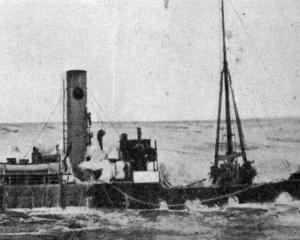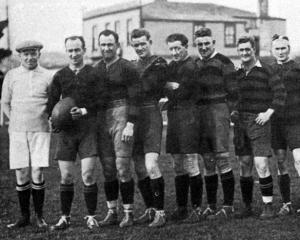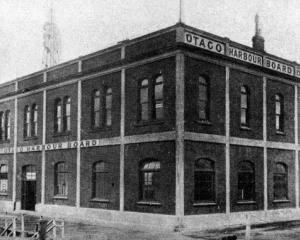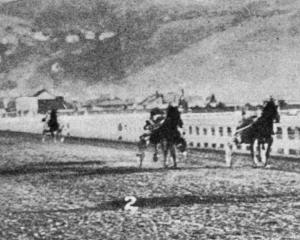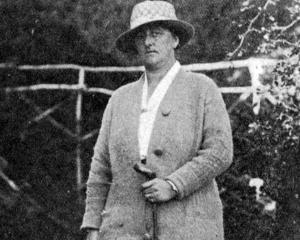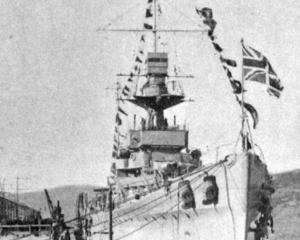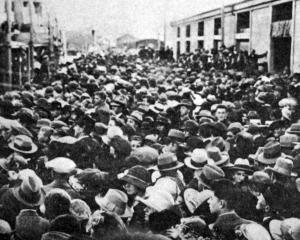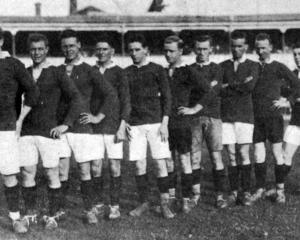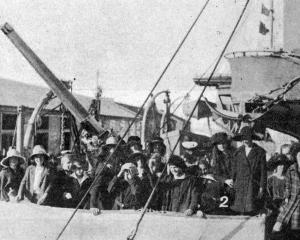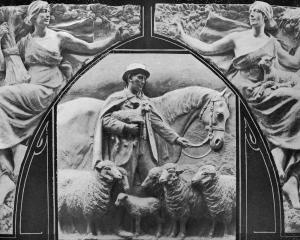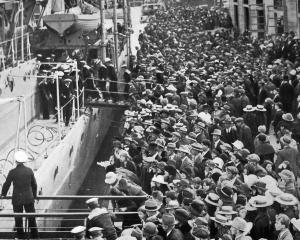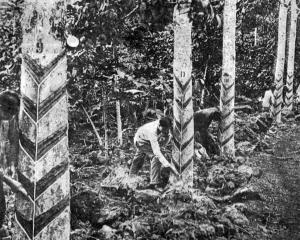The missiles which hit our men in Anzac were in most cases much larger.
The first operation performed on the Maheno was the removal of a large piece of shell from a man's thigh. He found that the small Turkish bullets did a great deal of damage.
Although they made only a small puncture they turned over and over, with the result that the wounds were very serious.
The nature of the wounds, had the fact of the turning of the bullets not been known, would have led one to believe that the Turks used explosive bullets, a suggestion which was certainly not justifiable.
The rifle bullets used by the Turks were generally surgically clean, whereas the shrapnel bullets were not.
Colonel Inglis stated that some men had been killed at Anzac without there being any visible signs of injury.
Colonel Thomas, who was well known in New Zealand, was killed by the concussion of a high explosive shell.
The only apparent injury was a broken finger.
• There are in every community differences of opinion, and to some in Middlemarch the idea of sports and dancing at the present time seems altogether incongruous that out of sympathy with the many bereft ones whose noble boys have given their lives for King and country.
A number of people who disapproved of the New Year sports preferred to spend the day with more subdued feelings, and a patriotic picnic party came into being, having for its object a desire to show respect for the bereft to show its disapproval of sports and dancing, and also to raise a subscription for the funds.
The picnickers, some 40 odd, including children, were thoroughly satisfied with their undertaking, and the sum of £8 17s 6d was raised on the ground for patriotic purposes.
• A very profitable business between Japan and New Zealand now offers itself to enterprising manufacturers in this country (says the Japan Times).
Kauri gum, a resinous substance found in large quantities in the kauri districts in the northern parts of New Zealand, was hitherto bought by Germany for the manufacture of pipe stems and similar goods and as a component for varnishes.
Germany bought very large quantities of the gum, and ostensibly used it for legitimate purposes, but, since the war broke out, it has been found that the Germans have been using it as an important factor in making explosives.
The gum industry in New Zealand, according to the latest reports, was practically at a standstill, as no market could be found for the product.
A progressive Japanese manufacturer should be able to devise means of establishing a profitable industry by importing the gum and turning it to use here.
• The man with the motor car is no longer to have a monopoly of taxation, for the Gisborne Borough Council has decided to put a small democratic tax on bicycles (says the Times).
Notice is given by the council that "every person riding a bicycle within the Borough of Gisborne shall cause the same to be registered, and obtain a number for same, which number shall be painted in a conspicuous place upon such bicycle, in figures of at least half an inch in length and one-eighth of an inch in breadth.'' - ODT, 13.1.1916.

